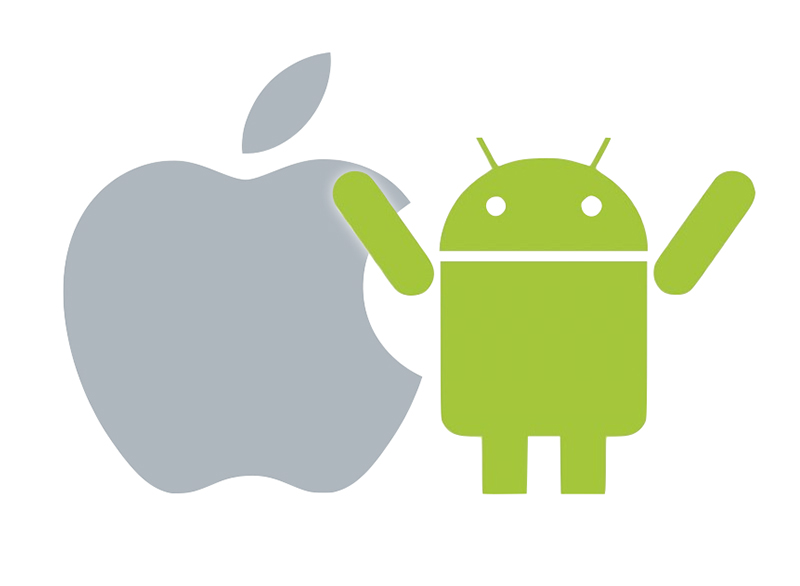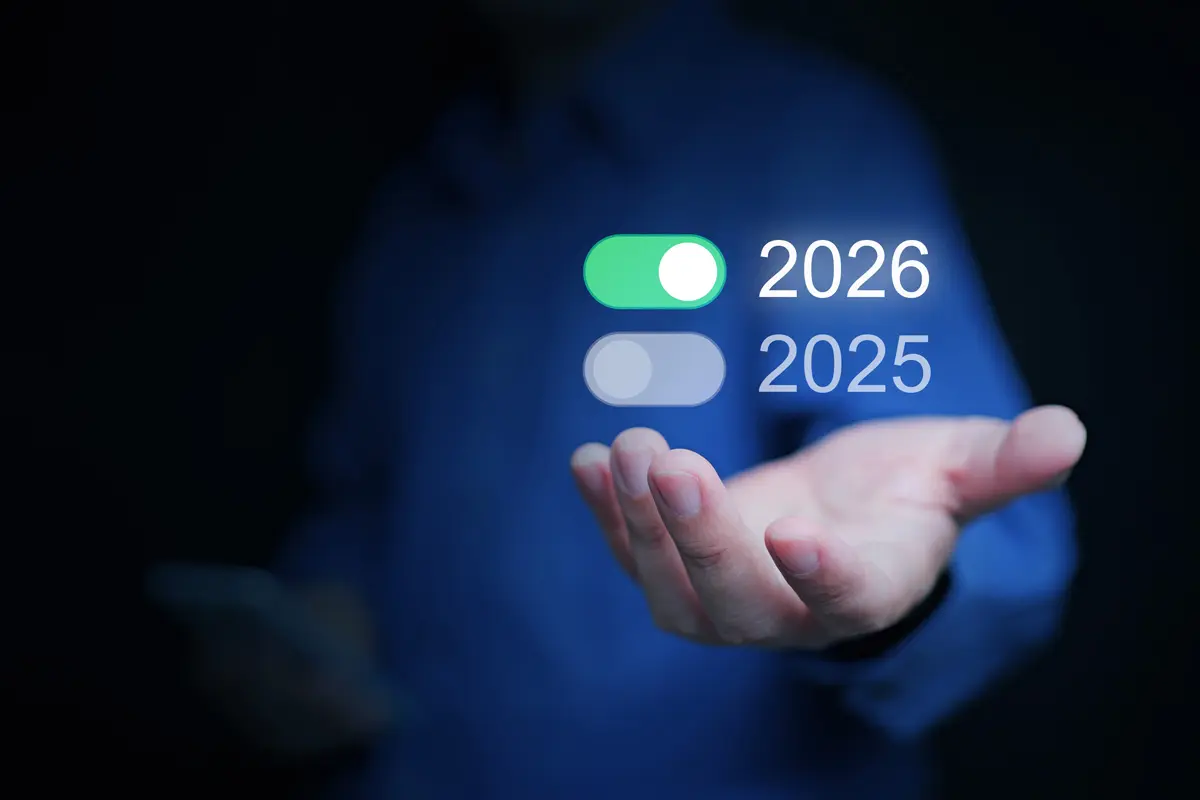Are you an iOS or Android person? When it comes to your business, it might not matter which one you prefer personally. Each operating system has different features that might make it better suited to your workforce.
When deciding which operating system to use for your business, you need to think about your requirements first and foremost. Once you determine that, you can choose phones based on those needs.
Here are some things to keep in mind when trying to decide which platform makes the most sense for your business.
The similarities
Both iOS and Android operating systems allow you to do the basics, such as make calls, send email and use the internet. So, no matter which avenue you go, you’ll be able to carry out everyday tasks with ease.
Security is an important part of life these days, with a variety of scamming tactics in use by hackers and other digital villains every day. Fingerprint scanner technology is available on both operating systems.
Both operating systems are available in more than 32 different languages, too.
The differences
While many of the differences between the two operating systems come down to personal preference, there are some practical things that set the two phones apart.
Devices
Android is now the world’s most commonly used smartphone platform, operated by millions of different phone and tablet owners each and every day. iOS is only used on Apple devices, such as the iPhone and iPad.
Communication
Many feel Android keyboards are more convenient, offering increased punctuation options when typing out messages and emails. This can really come in handy when you are on the move and need to send quick communication to a colleague or client.
One of the most convenient parts of iOS is the active notification system that lets you respond to messages without having to open the specific app. However, Android manages notifications better, letting you clear them all with one single swipe or allowing each app to alert you individually when your phone is on silent.
Android’s contacts list is easier to navigate, with a large icon feature that lets you find the contact faster. Some smartphones also take advantage of edge technology that lets you use a panel on the side of your phone to find your favourite contacts quickly.
In terms of communication, iPhones feature the popular Facetime app that lets you interact visually with other iPhone users.
Music
When it comes to music, iPhone wins hands down due to the inclusion of iTunes. This could be important to your business in terms of giving your workers access to their favourite songs and artists while working.
Backup
iTunes also backs up all your data, music and other content, which can come in handy if disaster strikes. Of course, Android backs up your information, too. Apple’s iOS automatically syncs your devices so you can access all of your stuff no matter where you are.
Memory
Android devices generally allow for expansion of internal and external memory for smoother functionality of the operating system, handling of applications that demand large amounts of memory and supporting dual SIMs.
The Conclusion
So, what’s optimal for your business? Well, that’s for you to decide! Hopefully these tips can help you figure out which one works best for you professionally. If you need any more help, please feel free to contact Arrow and let our excellent customer service team help you figure it out.



